
By Edwin S. Kwame KOGE
The world is no longer divided between two powers. It’s now driven by many. As the West retreats from aid diplomacy and the East accelerates investment-led engagement, Ghana must rethink its place in a multipolar world. The twenty-first century has ushered in what many analysts describe as the Asian Century.
A period characterized by the rise of China, India, and a constellation of Asian economies asserting influence not only in trade and technology but also in diplomacy, infrastructure, and culture. For Ghana and the wider African continent, the question is not whether to choose between East and West, but how to strategically align with both to serve continental and national interests.
The historical lopsidedness
Since independence, Ghana’s political and economic compass has largely tilted toward the West – Britain, the United States, and the European Union. The colonial legacy institutionalized Western economic models, legal systems, and governance structures as the de facto benchmarks for progress. Aid, grants, and conditional loans from Bretton Woods institutions such as the International Monetary Fund and the World Bank became instruments of both support and subtle control.
While these partnerships brought a measure of development, they also entrenched dependency and limited industrial autonomy. Western corporations often positioned Africa as a market rather than a manufacturing hub, extracting raw materials and exporting finished goods back at premium prices. A structure that perpetuated Africa’s peripheral role in the global economic order.
The Eastern turn – Beyond aid to mutual ambition
The East, however, has presented an alternative model that is anchored not on aid but on trade, investment, and mutual growth. China, India, Japan, South Korea, and even smaller players like Singapore and the United Arab Emirates have engaged Africa with a distinct proposition: infrastructure for resources, technology transfer for access, and market integration for long-term partnership.
China, in particular, has demonstrated what can only be described as “strategic patience” in Africa. Through the Belt and Road Initiative (BRI), Beijing has built roads, railways, ports, and power plants across the continent – often at speeds and scales unmatched by Western donors.
In Ghana, the Sinohydro infrastructure-for-bauxite deal and the construction of the Bui Dam among other initiatives testify to the tangible outcomes of this Eastern engagement. Most recent is the zero-tariff trade agreement. This will open Chinese markets to Ghanaian agro-processed goods and light manufactures.
Bilateral trade has already hit a record US$11.84 billion in 2024, reflecting growing interdependence and opportunity. These developments go beyond capital inflows. They offer Ghana access to vast markets, flexible financing, and strategic technology cooperation.
Similarly, India’s presence, though less visible than China’s, is deeply entrenched in technology, pharmaceuticals, and education. Indian companies are helping to digitize government services and support local startups, while scholarships and medical exchanges strengthen people-to-people ties.
During his first-ever state visit to Singapore in August 2025, President Mahama secured over US$1 billion in investments covering OLAM’s US$200 million pledge toward a 43,000-metric-ton pasta plant and feed processing facilities which is expected to create 4,000 jobs.
Shangri-La Group’s US$300 million investment in a green five-star hotel, shopping mall, and convention centre to reposition Accra as a West African MICE hub. These are not rhetorical pledges; they represent tangible, value-adding projects that create jobs, enhance capacity, and strengthen national self-reliance.
What distinguishes these Eastern partnerships is their corporate pragmatism. They come to the table as business partners, not benefactors. While critics warn of debt traps and neo-mercantilism, it cannot be denied that Eastern collaborations often provide Africa with much-needed infrastructure and industrial foundations that the West has been reluctant to fund without layers of political conditionalities.
Why ‘Looking East’ makes strategic sense
Infrastructure and industrialization are Africa’s development bottleneck. Eastern corporations such as China’s Sinohydro and CCCC to India’s Tata and South Korea’s Hyundai Engineering have proven capable of financing and constructing large-scale infrastructure that directly feeds into industrialization.
Ghana’s drive for value addition in cocoa, gold, and oil requires precisely this infrastructure backbone. The East’s experience in leapfrogging industrial stages offers Africa a relevant blueprint. Nations like China and Vietnam transitioned from low-cost manufacturing to high-tech economies within decades and African economies can replicate such models through strategic technology partnerships and joint ventures.
Also, Eastern nations understand the developmental struggles of postcolonial states because they’ve lived them. Their governance philosophies of state-guided capitalism and export-led industrialization resonate with Africa’s aspirations for inclusive growth and economic sovereignty. Overreliance on Western capital and markets exposes Africa to vulnerabilities. By engaging the East, Ghana can diversify its economic partnerships, hedge against geopolitical shocks, and strengthen its negotiating power in global forums.
But ‘Watching West’ still matters
While the East offers pragmatic economic opportunities, the West remains indispensable in areas where it still leads: governance standards, innovation ecosystems, research capacity, and global finance. The United States and the European Union are still Ghana’s major export markets. Western universities and think tanks remain hubs for research and professional training. Abandoning the West would be both strategically reckless and economically unsound. Instead, Ghana must watch the West – not as a submissive partner, but as an informed negotiator aware of global shifts.
Corporate diplomacy – The new battlefield
In this evolving geopolitical arena, multinational corporations have become the new ambassadors of global influence. Huawei and ZTE are redefining Africa’s telecom landscape; Toyota and Hyundai are expanding assembly plants; Western giants like Google, Microsoft, and Mastercard are embedding digital ecosystems across the continent. Ghana’s approach must therefore move beyond traditional diplomacy into corporate diplomacy. It must cultivate relationships not just with states, but with global corporations. Eastern and Western alike.
Government policies should empower Ghanaian businesses to form joint ventures, acquire equity in foreign firms, and build brands that can compete on global value chains. In essence, Ghana’s foreign policy should mirror a business strategy – diversified, data-driven, and opportunistic. Partnerships should be pursued not for sentiment, but for measurable returns in technology, trade, and talent development.
A new geoeconomic identity for Africa
The current moment presents Africa with a rare opportunity to redefine its global identity. The continent sits on the world’s largest reserves of critical minerals including lithium, cobalt, and bauxite that power the global green transition. Both East and West need Africa’s resources to sustain their industries.
This places Africa, and Ghana by extension, in a position of unprecedented leverage. But leverage without strategy is wasted potential. To maximize this advantage, African governments must institutionalize geoeconomic literacy. Understanding how global value chains, supply routes, and technological dependencies intersect with political power. “Looking East, Watching West” is not a call to tilt entirely toward Beijing or Delhi. It is a call for balanced assertiveness. For Africa to act not as a pawn in global power play, but as a player in its own right.
The way forward
Build strategic think tanks. Ghana must establish independent policy institutes to analyze global market trends and recommend data-backed strategies for balancing East-West relations. Reform investment laws. Laws should incentivize technology transfer, local content, and skills development in all foreign contracts. No partnership, Eastern or Western, should proceed without clear socio-economic multipliers. Strengthen intra-African collaboration.
Africa’s bargaining power improves when it speaks as a bloc. The African Continental Free Trade Area (AfCFTA) provides the platform to negotiate collectively and mitigate external dominance. Invest in cultural and digital diplomacy. Beyond trade, Ghana should export culture, knowledge, and innovation and reposition itself as West Africa’s intellectual and creative hub. That’s how soft power complements economic leverage.
Nonalignment 2.0
In the Cold War era, nonalignment meant neutrality. In today’s multipolar world, it must mean strategic agency. Ghana, like many African states, need not choose sides; it must choose advantage. “Looking East, Watching West” is therefore not an ideological slogan; it’s a strategy of survival and advancement. As Western aid retracts and Eastern capital rises, Ghana’s future depends on disciplined diversification, not blind loyalty.
President Mahama’s recent diplomatic breakthroughs – from Singapore’s billion-dollar investments to China’s zero-tariff pledges – demonstrate that Ghana’s global partnerships are entering a new phase: more balanced, more transactional, and more self-assured. The task now is to keep both eyes open – one on opportunity, one on accountability – ensuring that whichever way the global wind shifts, Ghana stands steady, sovereign, and strategically anchored.
>>> the writer has strong expertise in Public Relations and International Affairs across government, corporate, and non-profit sectors. He is skilled in developing communication strategies that strengthen reputation, build public trust, shape policy and experienced in managing PR initiatives with proven ability to align initiatives with organizational goals. He holds an MPhil in Strategic Public Relations Management, an MA in International Affairs, a BA and Diploma in Communication Studies, and a Training Certificate in Information Technology. His professional experience includes roles as a former Research Assistant at Parliament of Ghana, Administrative Assistant with PR duties at Ho Technical University, and Senior High School English Language and ICT teacher. Research interests focus on standards, ethics, transparency, and accountability in Public Relations practice in Africa. He can be reached via [email protected]
The post Looking east, watching west: Rethinking Africa’s geopolitical posture appeared first on The Business & Financial Times.
Read Full Story

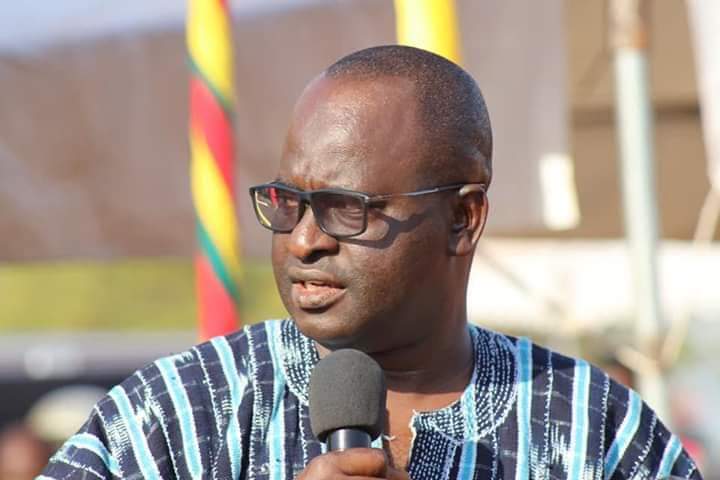

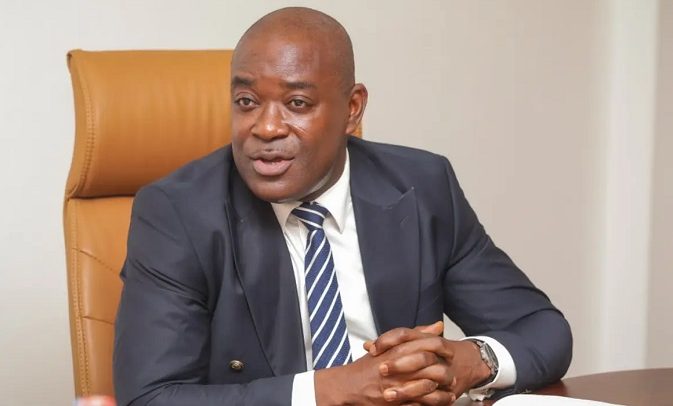
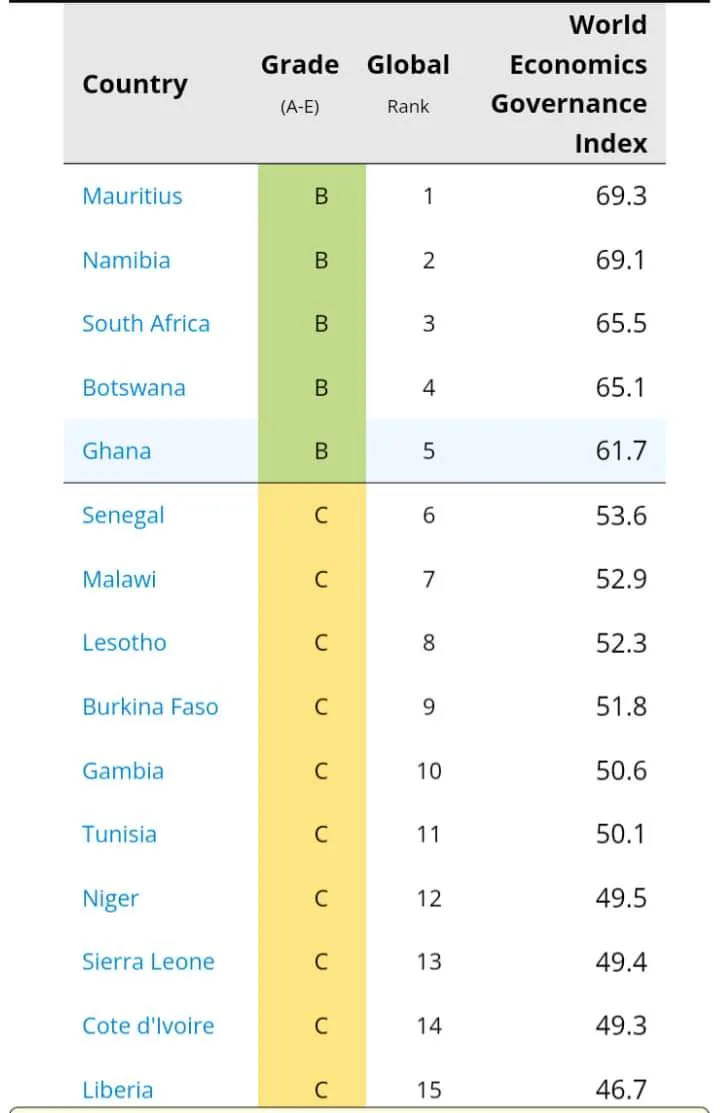

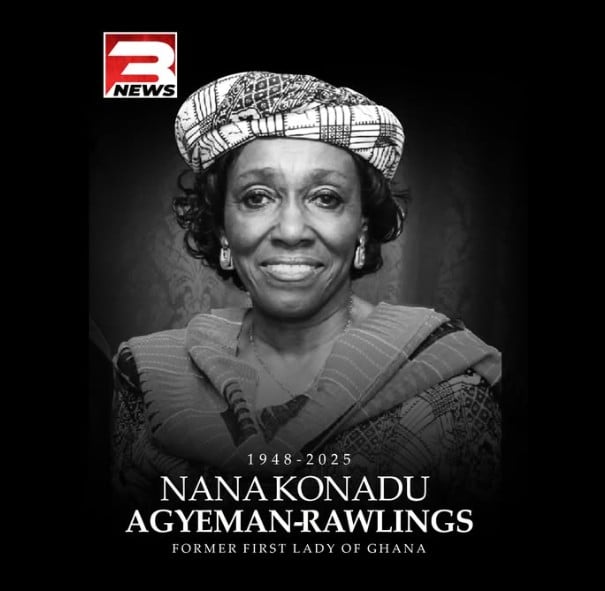
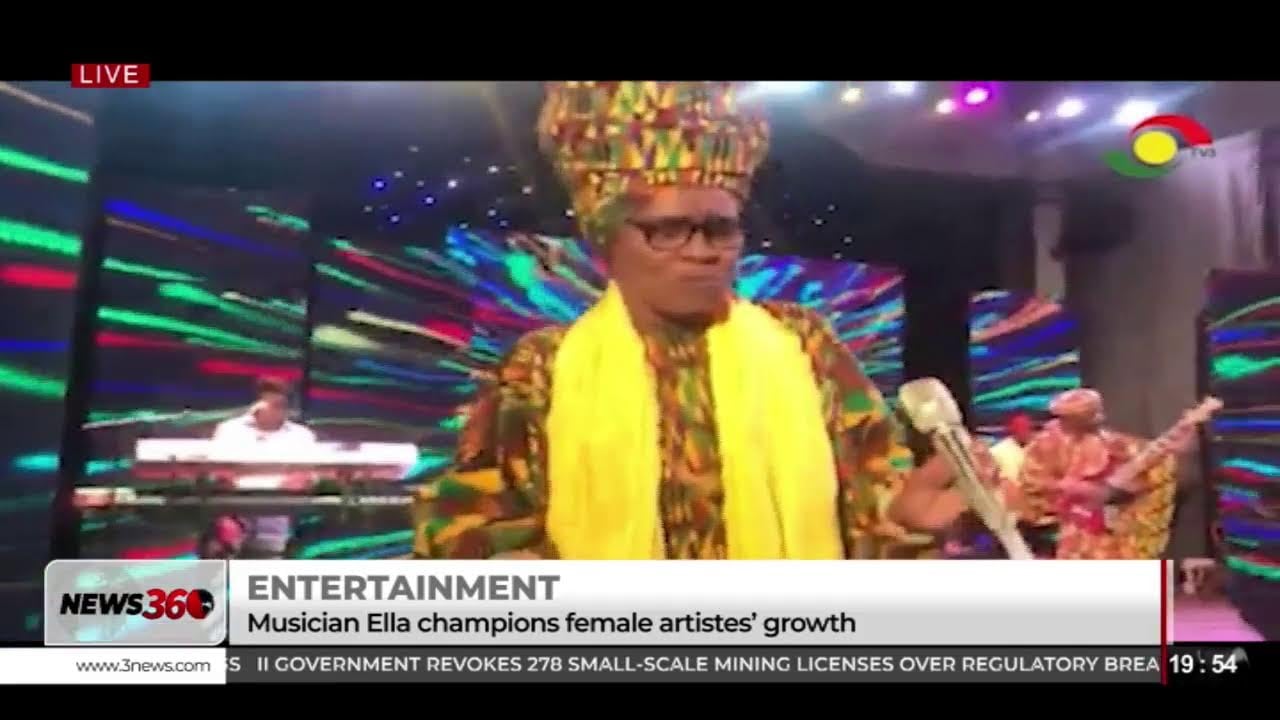
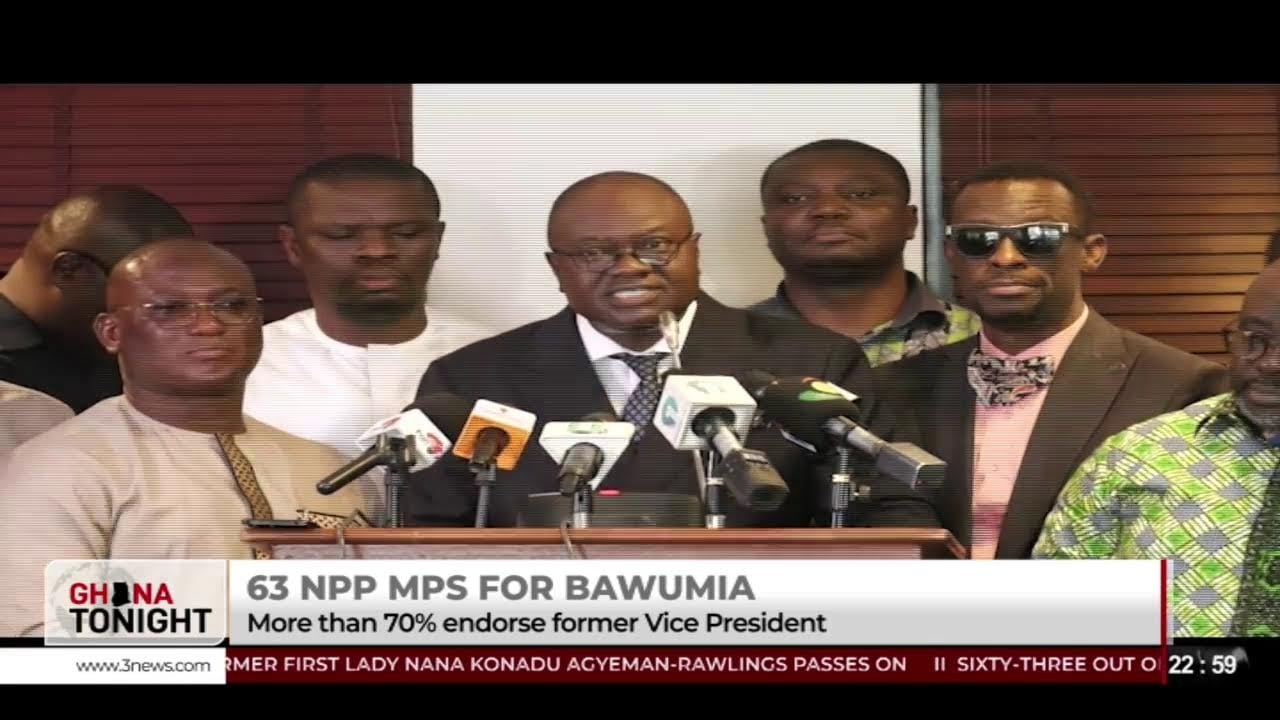
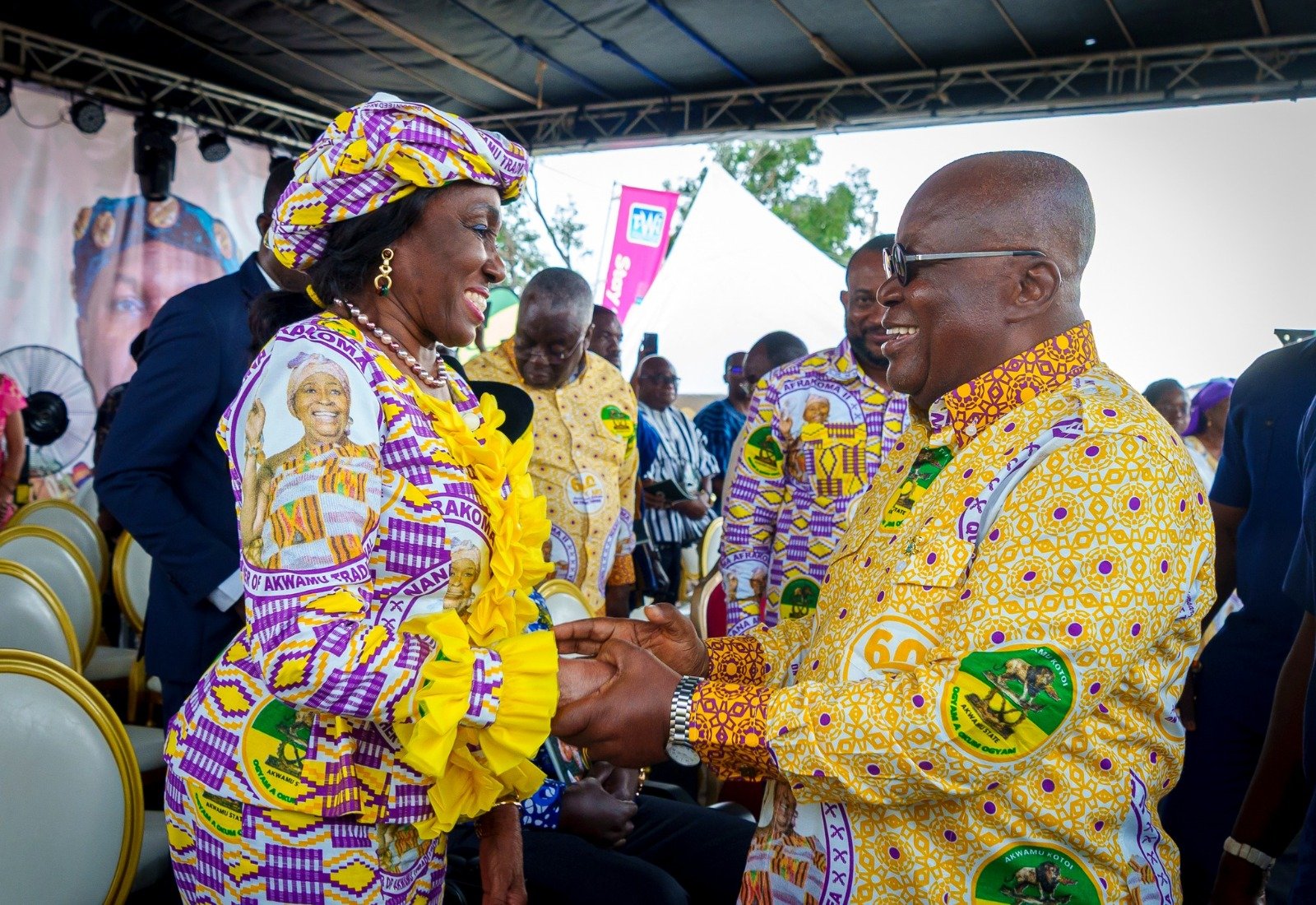


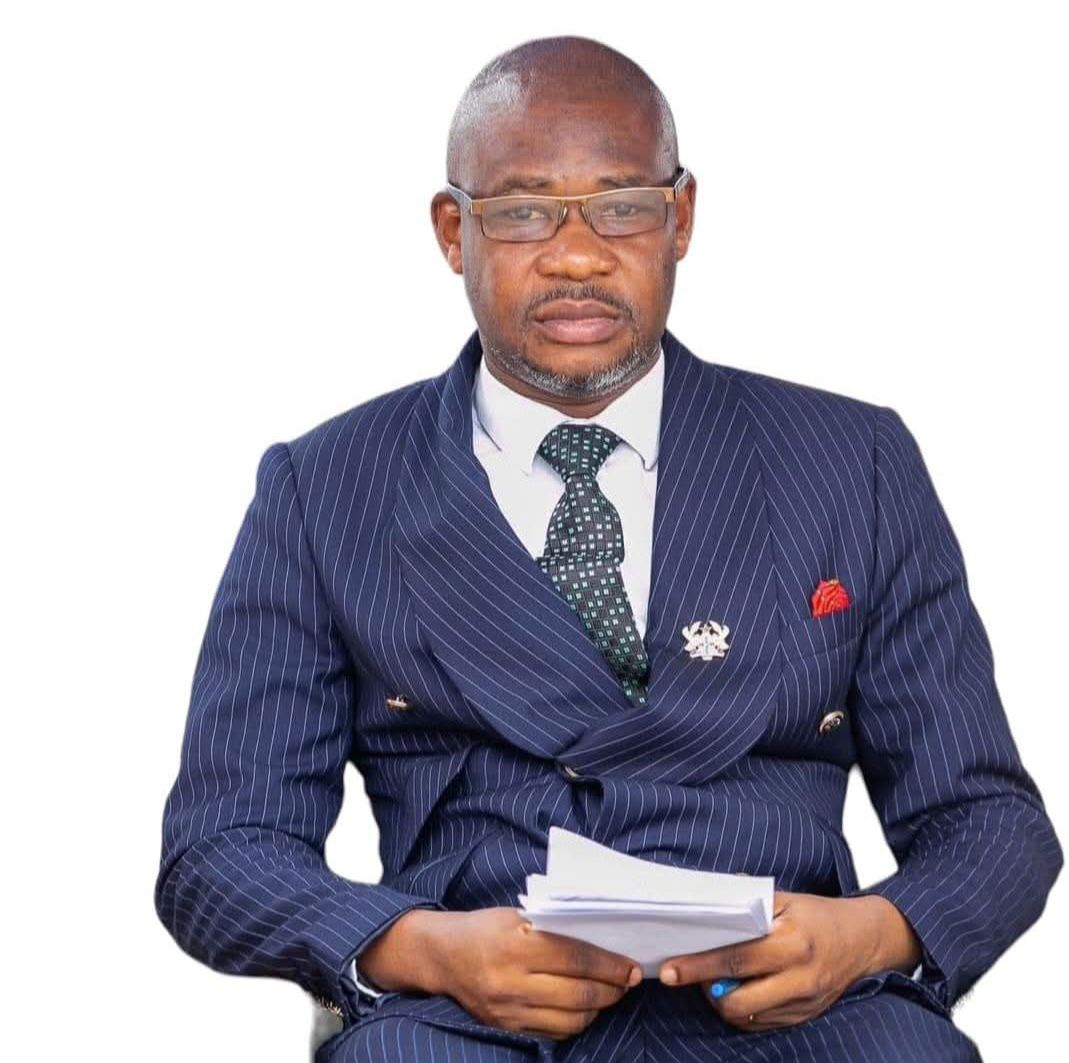
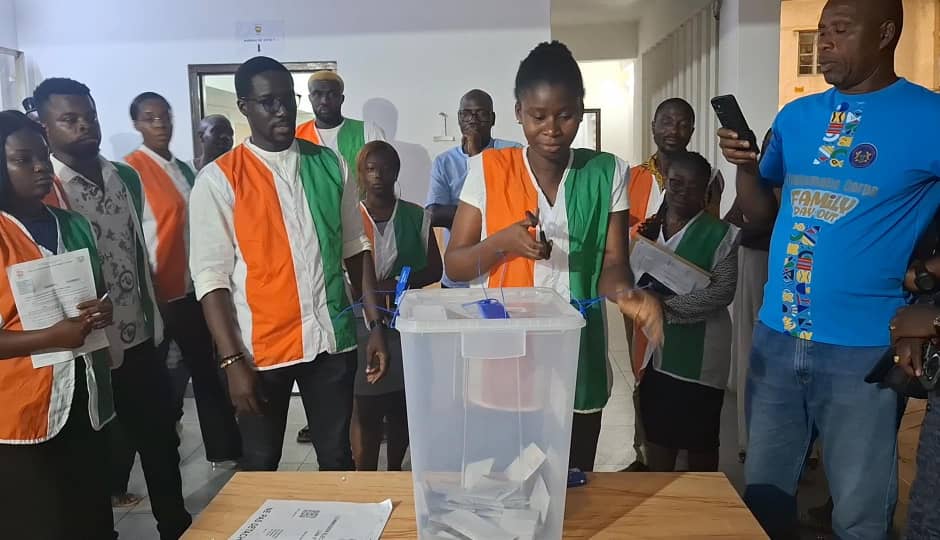
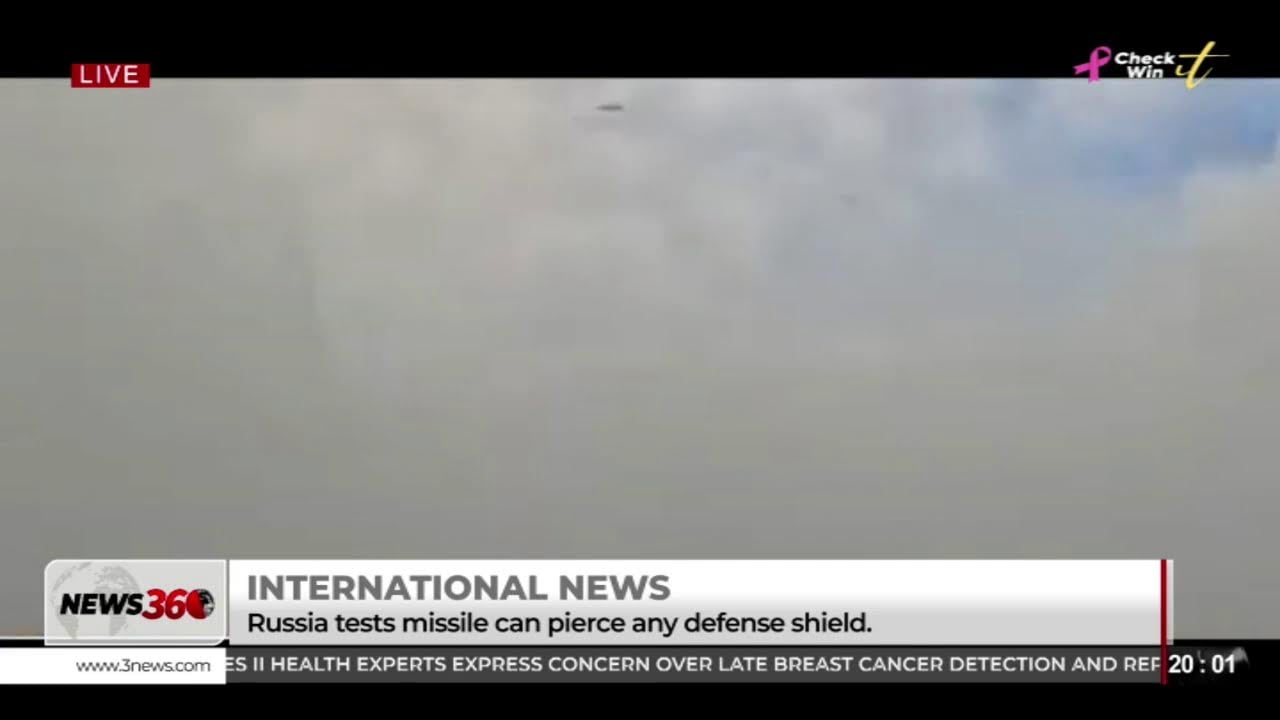
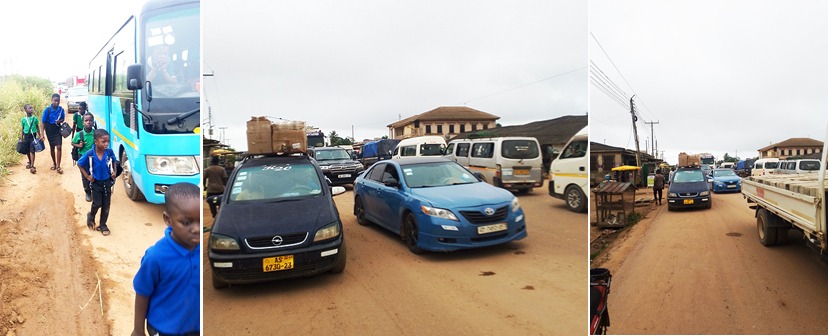
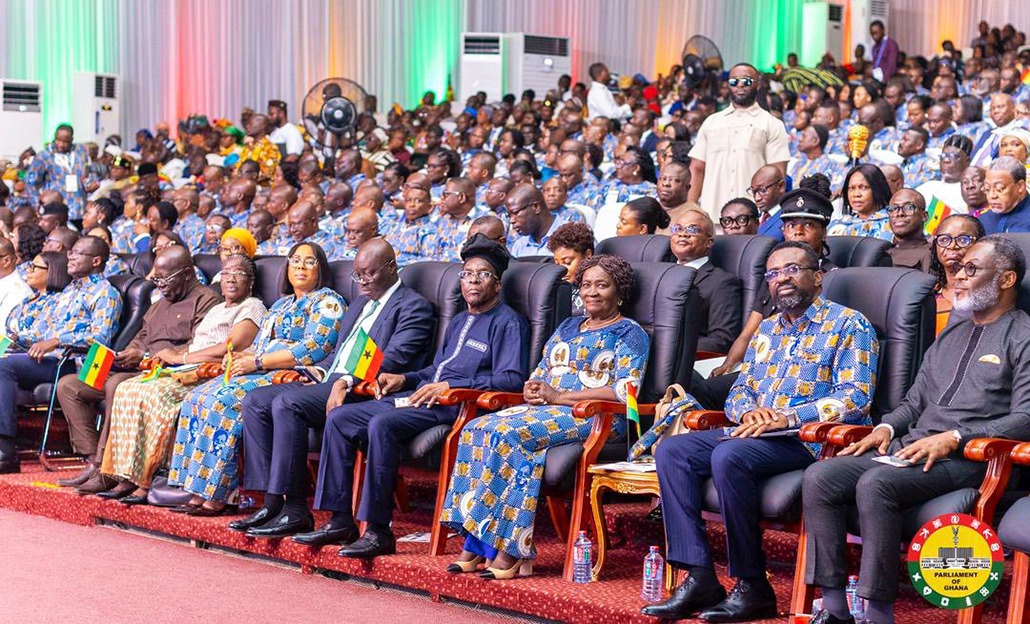

Facebook
Twitter
Pinterest
Instagram
Google+
YouTube
LinkedIn
RSS